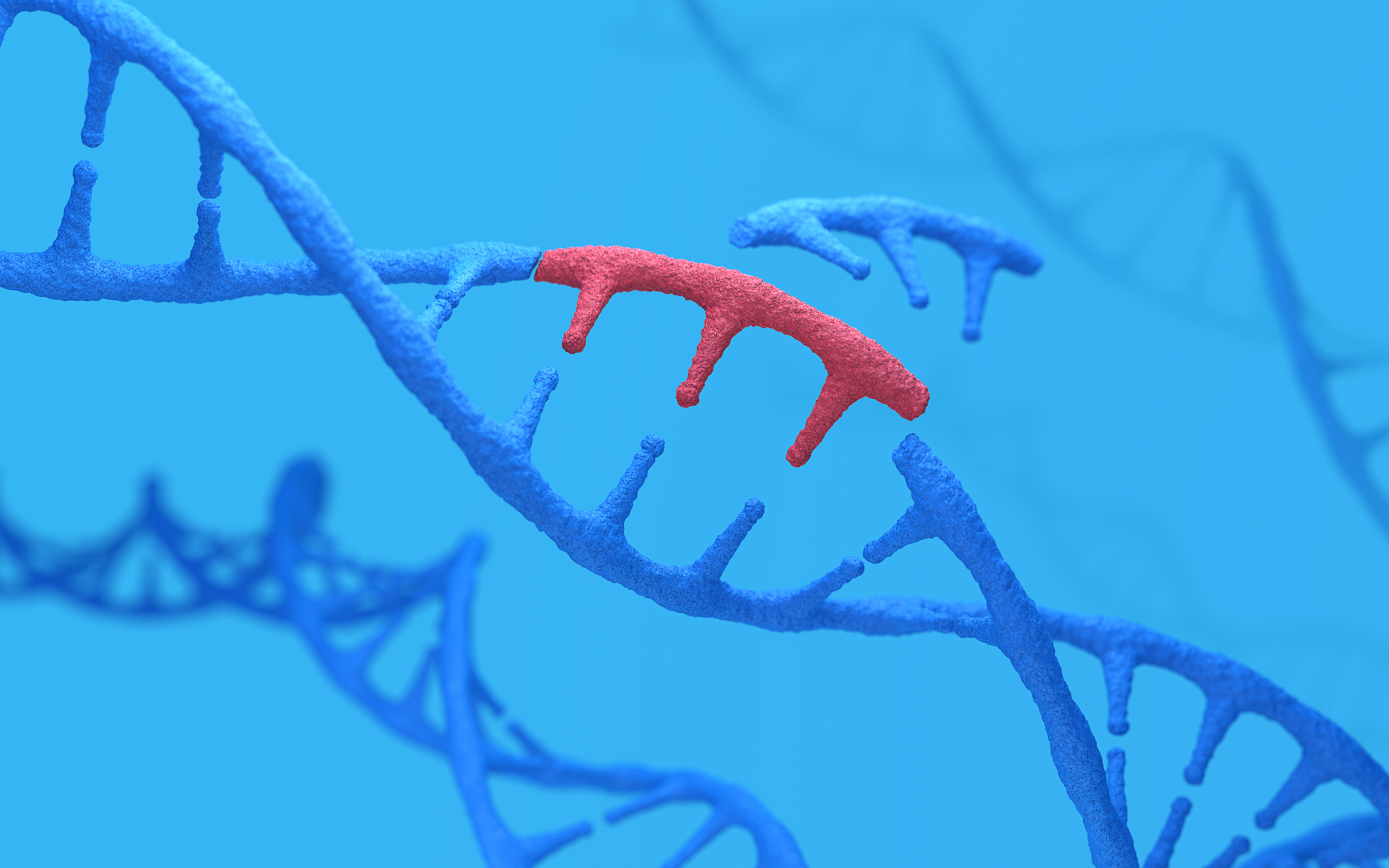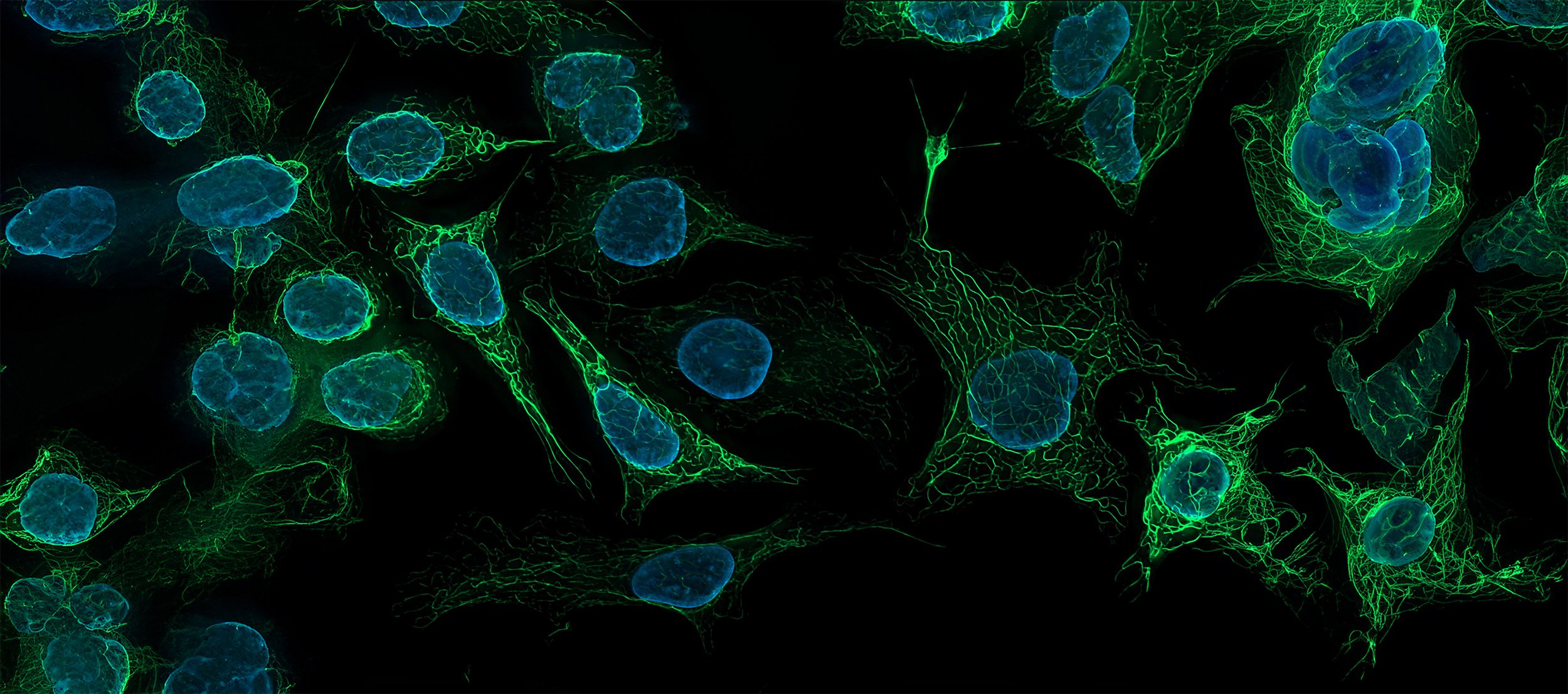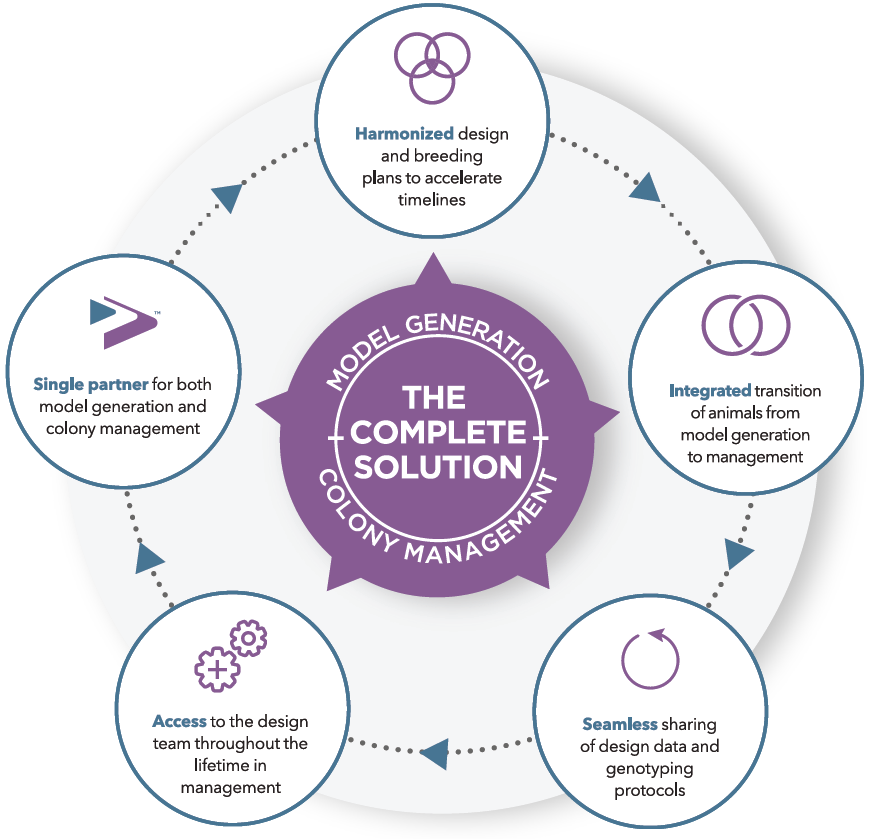Immune checkpoint inhibitors are highly efficacious in some cancer patients, but not others, and they can induce unintended immune activation that results in neurotoxicity or other adverse events. In this Q&A with the editor of Drug Discovery World, Taconic Biosciences' Dr. Courtney Ferrebee discusses the risks and limitations of T-cell based immunotherapies and the importance of considering target activation of a broader range of other immune cell subsets. Dr. Ferrebee reviews recent developments in CAR-T, CAR-NK, adoptive cell transfer, and therapeutics that leverage the lymphoid lineage and myeloid lineage cell subsets, as well as the role of humanized immune system mouse models in advancing these immuno-oncology therapeutic approaches:
"Preclinical studies in HIS mice have assisted with showing potential efficacy of CAR-T therapeutics. A powerful tool for this is the transgenic hIL2 NOG mouse, which expresses human IL-2 to support human T cell expansion and engraftment. For example, studies published in Cancer Research and Nature Communication determined critical parameters for CAR-T efficacy in hIL2 NOG mice, showing that IL-2 is necessary for CAR-T function and predictive validity of preclinical CAR-T studies. The significance of these investigations is understated because these studies can help inform decisions on patient treatment and are consistent with clinical trial data even in patients who have resistance to ACT therapy with autologous tumor infiltrating T lymphocytes (TILs)."
Read the complete article at: ddw-online.com
















.jpg)

.jpg)
.jpg)
.jpg)
.jpg)





.jpg)


.jpg)
.jpg)




.jpg)





.jpg)

.jpg)


